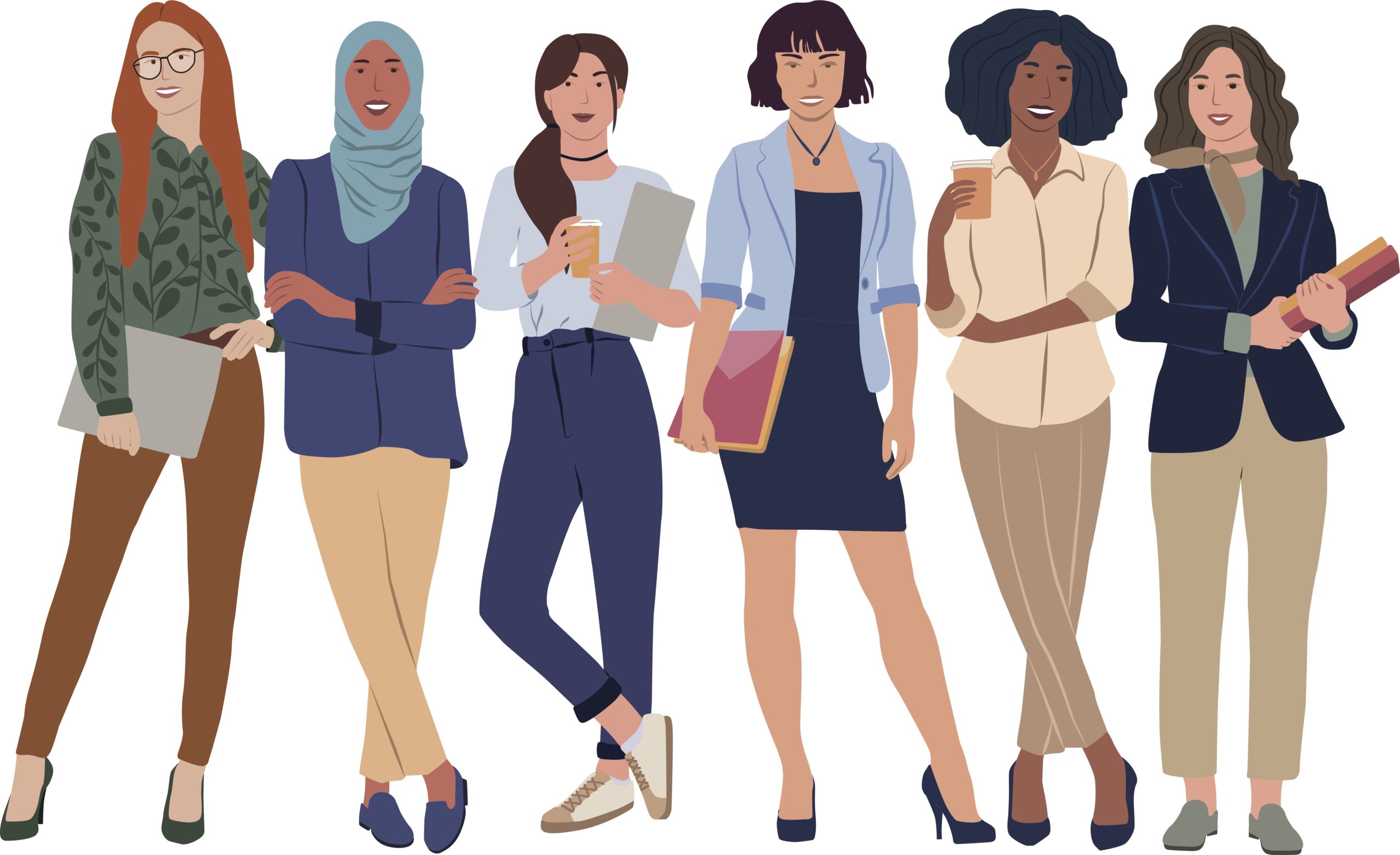The Italian Permanent Representative, Ambassador Vincenzo Grassi, introduced the interventions of six panelists: the Former Lord Mayor of Dublin, Alison Gilliland; the City Leader of Glasgow, Susan Aitken; the Deputy Mayor of Helsinki, Anni Sinnemaki; the Mayor of Podgorica, Olivera Inca; the Mayor of Skopje, Daniel Arsovska and the Deputy Mayor of Veszprem (Hungary), Barbara Hegedus.
This event offered an unprecedented contribution to the common reflection on the future of cities and their role in the implementation of Agenda 2030, offering a gender lens for the interpretation of local governance and the role of Mayors and Deputy Mayors. Cities are now more than ever on the frontline of global challenges. According to the World Bank, around 56% of the world’s population live in cities and this trend is expected to continue, with the urban population doubling its size by 2050. Moreover, more than 80% of the global GDP is generated by cities, whose contribution to sustainable growth is consequently crucial.
Looking through this perspective, urban centers have become key actors of multilateralism at various levels, being the main drive of political processes that include security, development, economy, culture, networks and representation. As a matter of fact, cities play an increasingly important role in tackling climate change, since their exposure to environmental and disaster risks increase as they grow. Finally, cities are on the frontline of combating epidemics and its impact on the marginalized and vulnerable social groups (women, youth, migrants, etc.).
In this vein, city diplomacy can be considered a form of decentralization of international relations management, reproducing the contributions given by Italian cities when diplomacy existed before the existence of states itself. During the Renaissance, powerful Italian city-states like Venice and Milan were the first to establish permanent diplomatic missions abroad and to create an organized system of diplomacy. Furthermore, cities like Florence had a central role in the credit finance of the Middle Age.
This model later evolved to more modern concepts of human settlements that are at the center of the principal UN socio-economic interests, like globalization, sustainable development and environmental policies. UN Secretary General, Antonio Guterres, underlined how the involvement of cities is an integral part of the desired “more inclusive multilateralism”, too.
Building cities that “work” requires intensive policy coordination and investment choices so that green, sustainable and inclusive cities can shape the future of their development and create opportunities for all. Furthermore, the Geneva Declaration of Mayors, endorsed by Mayors of the UNECE region at the forts Forum held in October 2020, expressed the common commitment to more equitable and inclusive cities. The round table chaired by Italy moves in this direction, focusing the attention on the positive actions that can increase the participation of women to local governance and the shaping of the cities of the future.
All the panelists offered an in-depth analysis of the dynamics that characterized their political experience and the possible best-practices to develop in order to improve gender-based policies. The increase of the female presence in leading positions remain the major goal to attain, through a wider awareness of their experience and know-how. Gender balance does not only pertain the category of equity and inclusivity, but also the one of opportunities and development.
Only a common effort can make sustainable development goal number 11 a reality, where cities and human settlements are finally inclusive, safe, resilient and sustainable. The gender perspective can be a crucial asset in this process, because designing cities that work for women creates wider social, economic and environmental benefits, along with safer, healthier and more inclusive spaces.
The success of the round table jointly promoted by Italy and UNECE has been a further step in the implementation of city diplomacy, also creating a “dedicated platform” on the gender as part of the next Forum of Mayors in order to allow further discussion on the matter.
This achievement is part of the relevant Italian contribution to the Forum of Mayors, which started in 2020 with the key-note speech of the Mayor of Milan, Giuseppe Sala, and continued in 2022 with the side event organised by the Permanent Representatives of Italy and the United States of America with the city of Bari and the City Diplomacy Lab at Columbia Global Centers, whose title was “Cities from theatres of war to actors of peace”.
The third edition of the Forum also registered the participation of the Vice-Mayor of Rome for Housing, Tobia Zevi, and of the Mayor of Alba, Carlo Bo. Italy remains committed to the city diplomacy and to the role that local and regional authorities can play in responding to international challenges.



